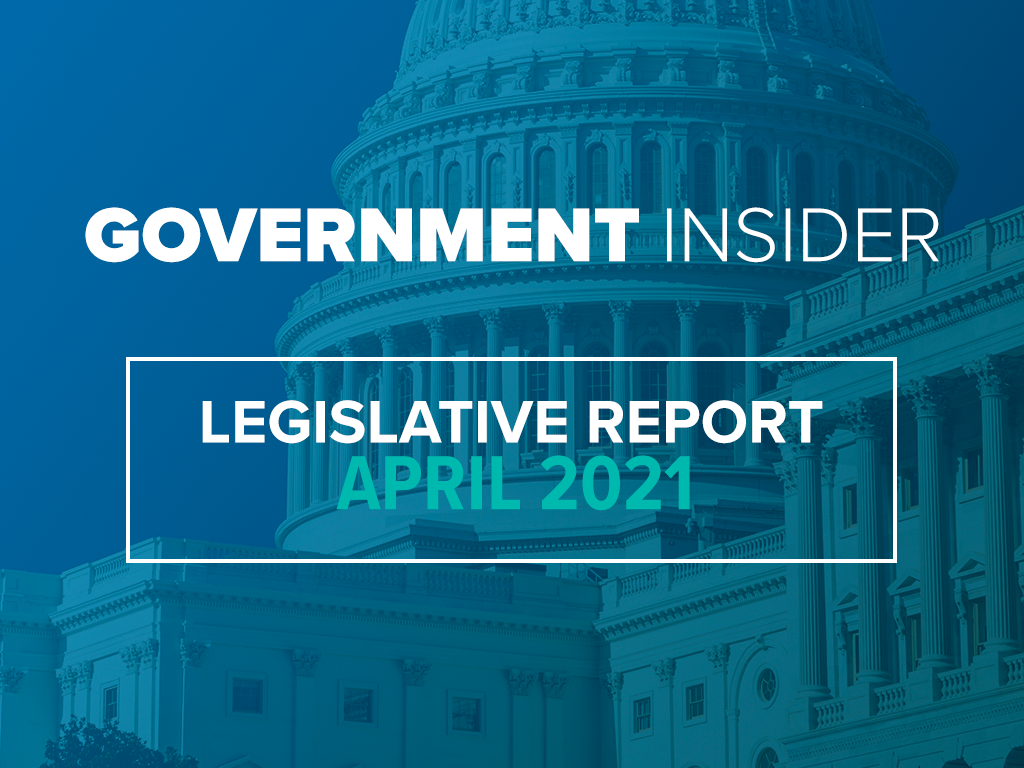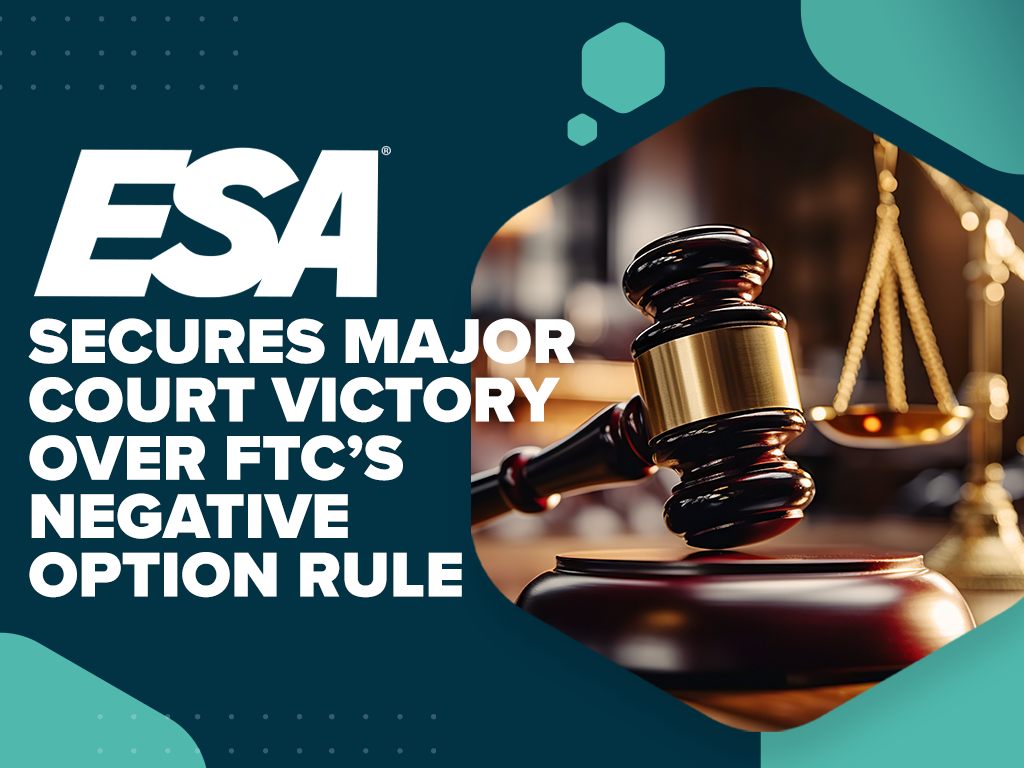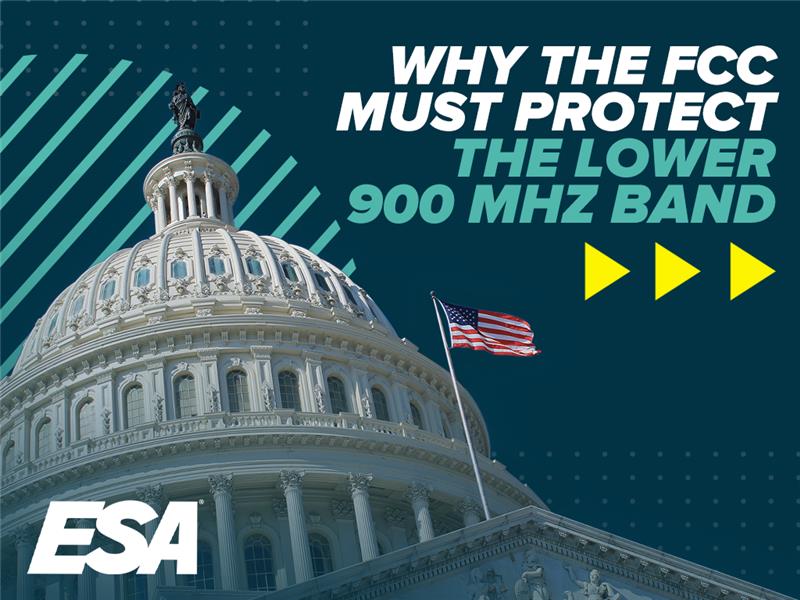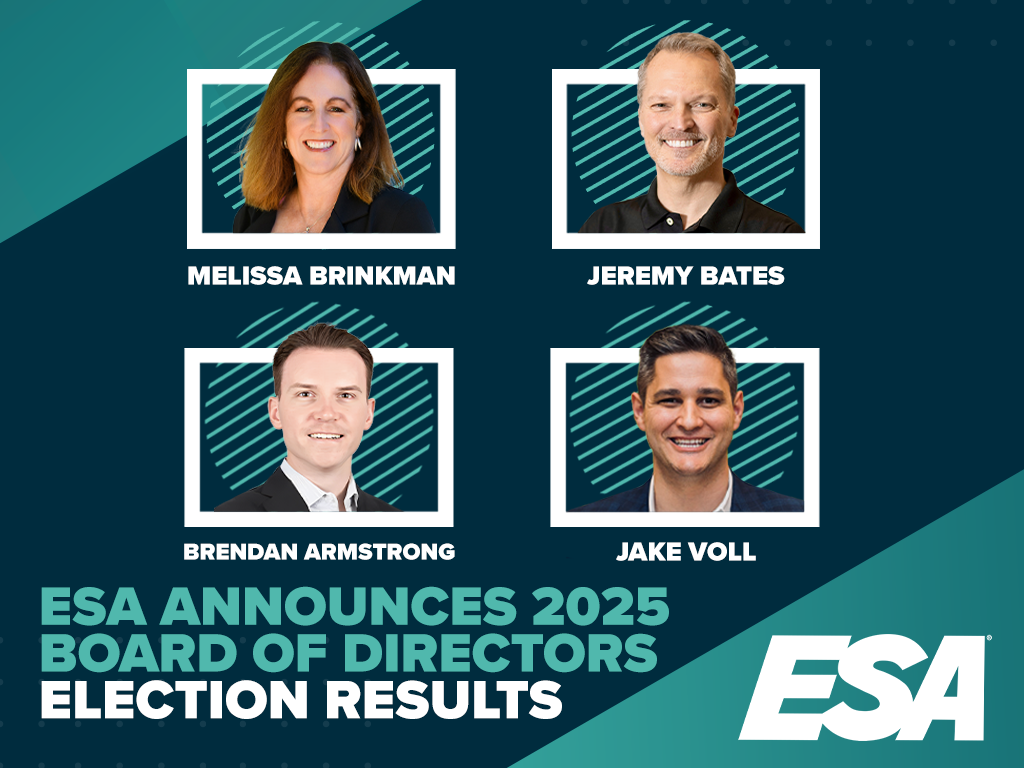Legislative Summary – April 2021

Here are highlights of legislative activity that could impact the electronic security and life safety industry.
Federal Legislative Summary – April 2021
Congress took some time after its latest round of stimulus bills to focus on some other measures that we are tracking – some would be good if passed.
HR 2523 is a bipartisan bill, styled as the “Training in High-demand Roles to Improve Veteran Employment Act” or “THRIVE Act”. This bill is designed to improve veteran retraining assistance for high-demand occupations. It passed the House and is now in the Senate Subcommittee on Economic Opportunity.
HR 2691 was introduced on April 20, 2021 and it would allow college saving plans, known as 529 plans, to be used for non-degree granting technical training programs, certification programs, and apprentice programs. It has no Democratic cosponsors at this time.
HR 1460 is titled as the “Nicholas and Zachary Burt Memorial Carbon Monoxide Poisoning Prevention Act of 2021” and it directs the Consumer Product Safety Commission to award grants to states and tribal organizations to install carbon monoxide alarms in the homes of low-income families and older adults and facilities that commonly serve children or older adults. This is a bipartisan bill that passed the House on April 15th and was referred to the Senate Committee on Commerce, Science, and Transportation.
Download the Members-Only Federal Legislative Report
State Legislative Summary – April 2021
April saw a significant number of bills enacted with 32 tracked bills being signed by Governors. These bills cover a number of monitored issues including licensing, COVID civil liability immunity, taxation related to COVID relief and family leave legislation.
Arizona SB 1218 was enacted in April and it will create a “least restrictive” occupational licensing framework in the state, which means all licensed occupations will be reviewed for determination of their need in light of the new guidance in this legislation. West Virginia has a similar bill, SB 472, which passed the House and was enacted on April 19, 2021.
Idaho H 292 will exempt a limited electrical contractor, limited electrical installer, or employee of a company holding a limited electrical contractor license who is replacing or installing a fire alarm communication device (DACT) from electrical contractor licensing. This bill was enacted on April 15, 2021.
The Maryland electrical licensing bill SB 762 was finally enrolled without defining a low-voltage exemption. The bill does include language that requires regulations for the provision of electrical services to follow the latest edition of NFPA 70 (National Electric Code). This provision may bode well for low-voltage licensing moving forward.
Pennsylvania HB 1110 was introduced in April and it would create statewide electrical licensing in that state. The low-voltage exclusion from licensing in the filed version of the bill is anything less than 10 volts.
Arkansas HB 1188 was enacted on April 12 and it will exempt self-monitored security systems that are installed from licensing requirements for contractors who do the installations, however an amendment in the bill will require that the contractors involved in these installations will still be required to undergo criminal background checks.
Florida HB 823, which amends several provisions related to alarm system contracting and permitting in the state was enrolled after passing the Senate and will now be presented to the Governor.
Oklahoma HB 2873 will facilitate universal licensing for persons in professions and trades entering the state with licensing or experience from other states. It was enacted on April 28, 2021.




